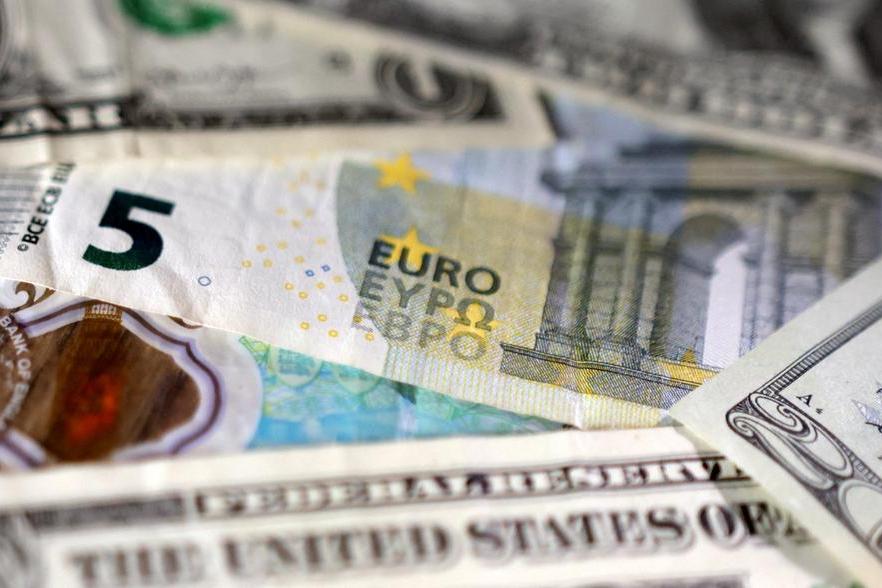Swiss Central Bank Shifts from Dollar to Euro in Reserve Strategy
The Swiss National Bank's shift from dollar to euro holdings signals changing central bank preferences amid US-Swiss trade tensions, with potential implications for global financial markets.

Swiss National Bank headquarters in Bern, Switzerland, where crucial monetary policy decisions shape global currency markets
The Swiss National Bank (SNB) has made a significant shift in its currency reserves management, favoring euros over dollars in what could signal broader changes in central bank currency preferences. This strategic pivot comes amid escalating trade tensions between Switzerland and the United States.
Strategic Currency Shift
In a notable development that mirrors wider international power dynamics reshaping global financial relationships, the SNB's quarterly balance sheet update revealed foreign currency purchases of 5.06 billion Swiss francs ($6.36 billion) during April-June - their largest intervention in over three years.
The euro's share in Swiss reserve assets has now surpassed the dollar for the first time since 2020, reaching 39% compared to the dollar's 37%. This reallocation appears largely driven by efforts to prevent euro/franc depreciation.
Trade Tensions Impact
The shift comes as US trade policies under the Trump administration continue to create global economic ripples. Washington's recent imposition of a 39% tariff on Swiss goods has particularly strained relations, making dollar interventions increasingly sensitive.
Diplomatic Balancing Act
In an unprecedented move, the SNB, Swiss Finance Ministry, and US Treasury issued a joint statement confirming Switzerland's non-manipulative currency practices. This diplomatic gesture underscores the delicate balance required in maintaining international economic relationships while protecting domestic interests.
Global Implications
This strategic shift could have far-reaching consequences for global financial markets. With central banks collectively holding nearly $13 trillion in foreign currency reserves worldwide, changes in reserve management strategies could trigger significant market movements.
The SNB's actions suggest that protectionist policies could influence how central banks both intervene in currency markets and manage their reserves going forward.
Market Impact
The SNB's substantial equity holdings, particularly in US technology stocks, mean that any reallocation of currency composition could create ripple effects across global financial markets, potentially affecting asset prices and currency valuations.
Thomas Reynolds
Correspondent for a London daily, specialist in British foreign policy and transatlantic issues.
